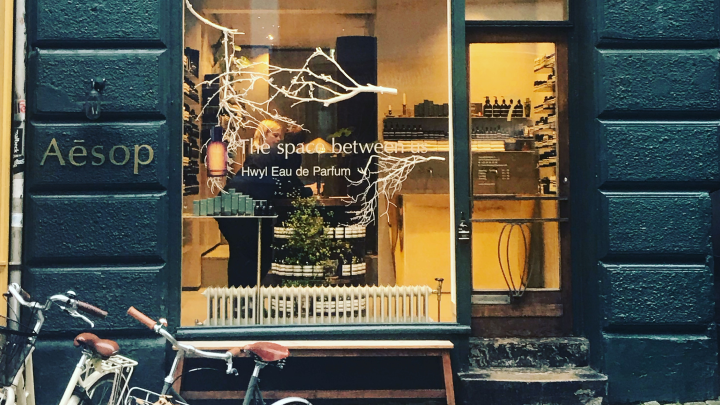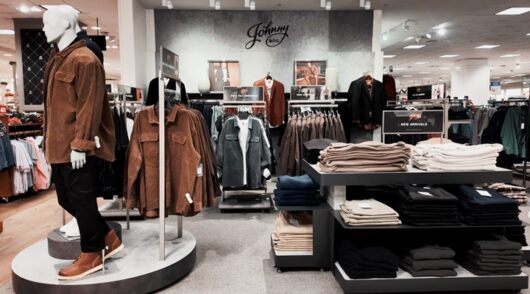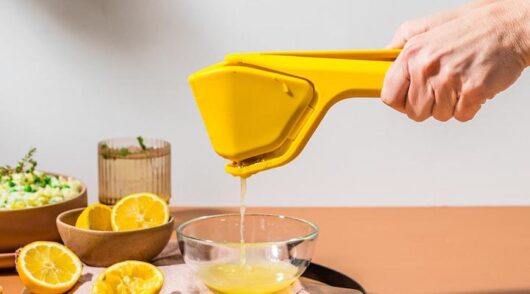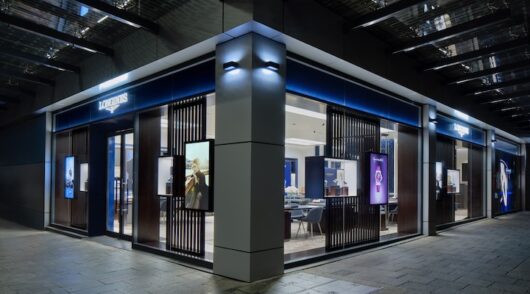L’Oreal recently dropped a staggering US$2.5 billion ($3.7 billion) on Australian beauty brand Aesop as it looks to take a bigger slice of the luxury organic skincare market. The deal, which is the largest acquisition in L’Oreal’s history, has been the topic of discussion over the past week, as financiers and pundits question whether the brand is truly worth such an investment – especially as it was only valued at $100 million a decade ago. Brand strategist and group CEO of Image Group
Group International Jon Michail told Inside Retail that there’s no definitive answer as to whether L’Oreal ‘overpaid’ for Aesop, but that the investment would go a long way to keeping the beauty conglomerate relevant in a rapidly changing beauty market.
“There’s no denying that Aesop’s brand is highly valued and, in my opinion, a great investment for the brand’s future,” Michail said.
“[The acquisition] will give [L’Oreal] great leverage and access to a new demographic of customers that may not have been previously accessible, especially via new Aesop standalone stores in the USA and China.”
Aesop launched its first two standalone stores in China in 2022, the first of which is located in Shanghai, and so far, they have been quite successful. In fact, Aesop’s presence in China is likely one of the main reasons L’Oreal purchased the brand, with L’Oreal CEO Nicolas Hieronimus stating he saw “massive growth potential” in the brand’s operations in the region.
Aesop’s CEO Michael O’Keeffe told the Australian Financial Review this week that China has the potential to be a “top-five” market for the business, and noted Eastern Europe, Central America and Latin America are potential expansion zones for future growth.
GlobalData’s lead analyst of health & hygiene Lia Neophytou also sees Aesop’s potential for growth in China as a major coup for L’Oreal.
“While it is possible to maintain a fresh, modern portfolio without acquisitions, L’Oreal stands to benefit quickly from Aesop’s cult following, strong brand identity and reputation,” Neophytou said.
“Targeted acquisitions of emerging and established players with engaged audiences have allowed L’Oréal to stay relevant in the rapidly evolving beauty industry. L’Oréal has employed this strategy to consistently align with shifts in consumer behaviour and preferences, and its latest acquisition of Aesop is no different.”
What’s in it for Aesop?
It’s clear what L’Oreal stands to gain from the deal: access to a new, younger customer base. But what does Aesop get out of it?
“The acquisition could change Aesop in many ways, in my opinion, mostly positively,” Michail said.
“Firstly, they’ll have the economic power of a highly respective multinational with an enormous distribution base. There could be possible changes in the way that Aesop’s products are manufactured, distributed, and marketed, however, I don’t expect too much tinkering – other than fine-tuning with an eye for growth.”
As long as L’Oreal maintains Aesop’s unique identity and brand image, Michail argued, the brand will only benefit from the acquisition: “It’s one of the main reasons why the company was so successful in the first place, so why would you change that?”
But the integration of smaller, homegrown brands into a multinational business doesn’t always go smoothly, and there are plenty of examples of such brands losing their identity when acquired. The fact that Aesop’s chief executive is remaining to lead the business could be a positive sign.
Simon Porter, head of retail at media agency Hatched, noted that Aesop was “ahead of its time” with its focus on all-natural ingredients, brand aesthetics and authenticity, and that any change to those factors could be disastrous.
“Mess with what makes Aesop great and it could be a heady fall,” Porter told Inside Retail.
“Hopefully, [L’Oreal] won’t, but perhaps over time, meddling marketing teams and centralised thinking will start to pick at the seams of the brand, which could start a slow, almost imperceptible unravelling of what made Aesop Aesop.
“Let’s hope there are strong brand guardians at Aesop who recognise that sometimes the most powerful move is to do nothing at all.”







